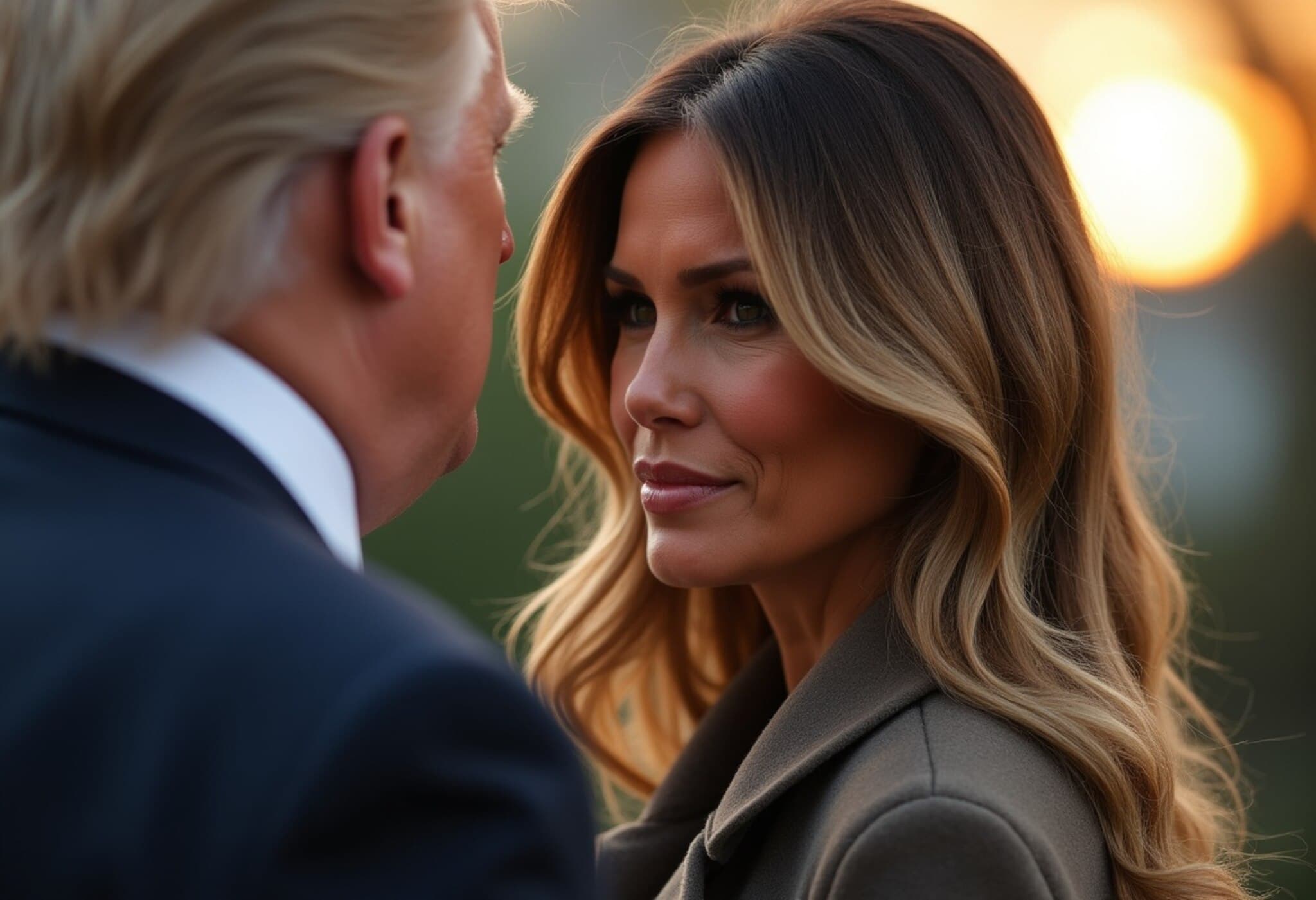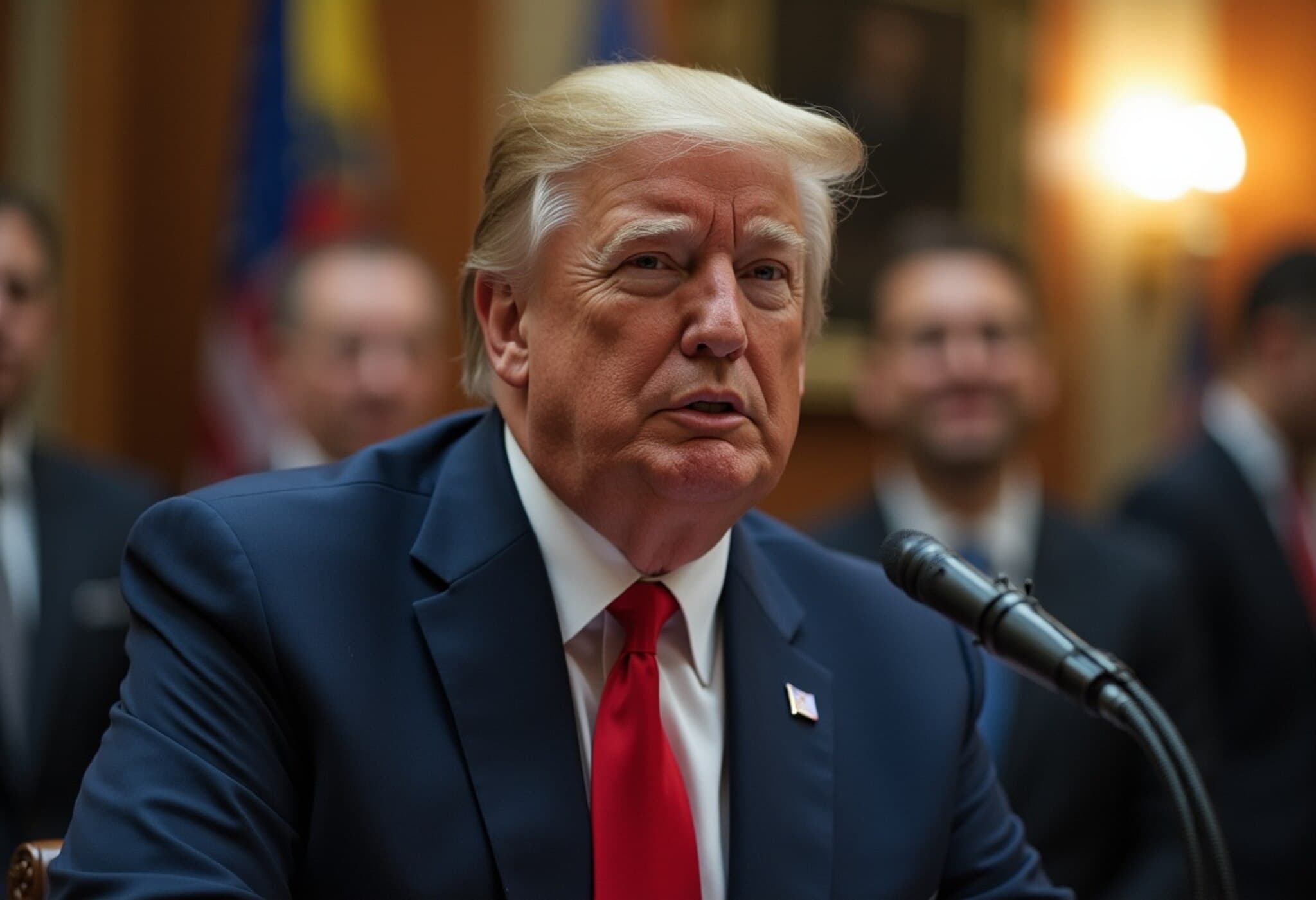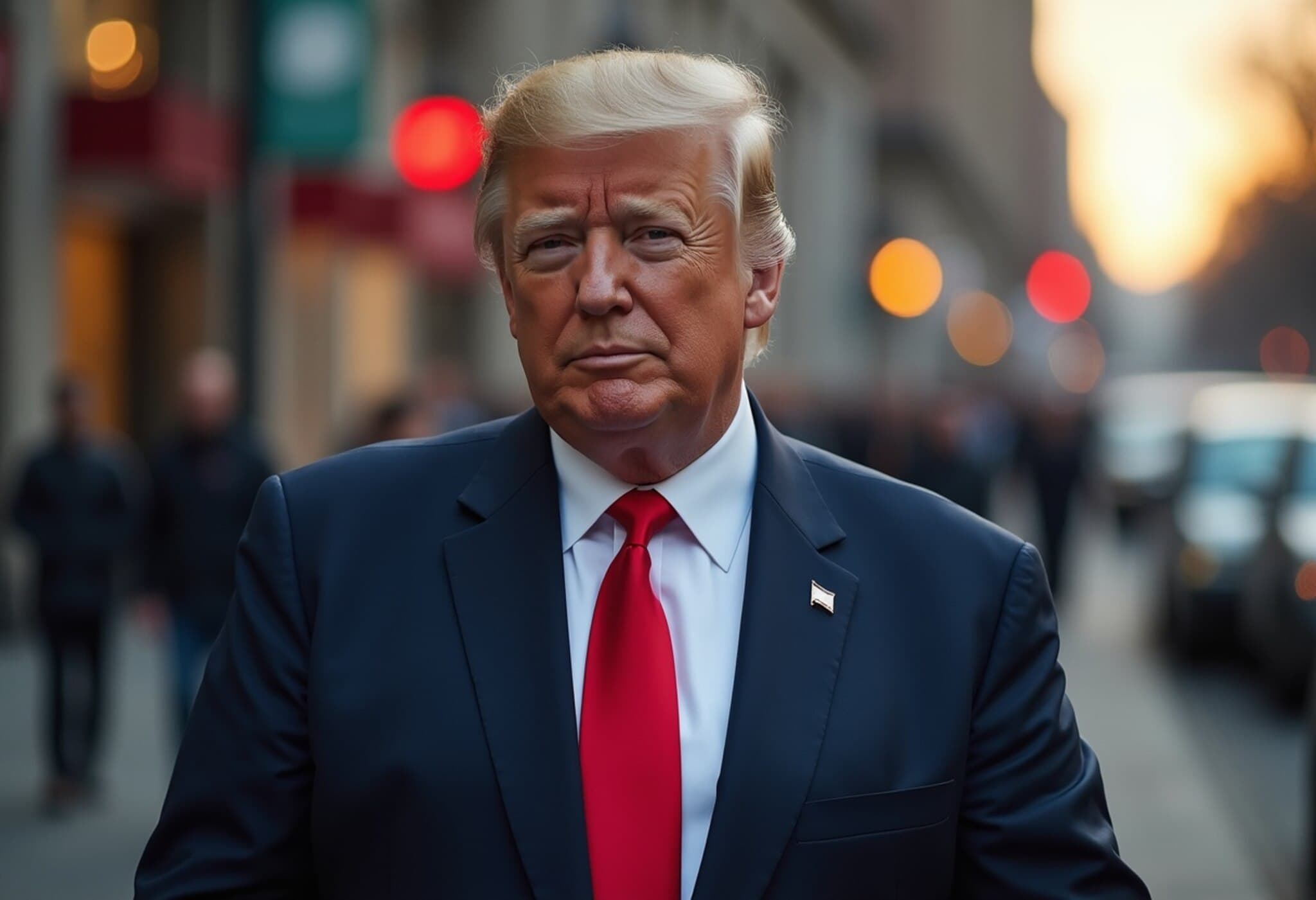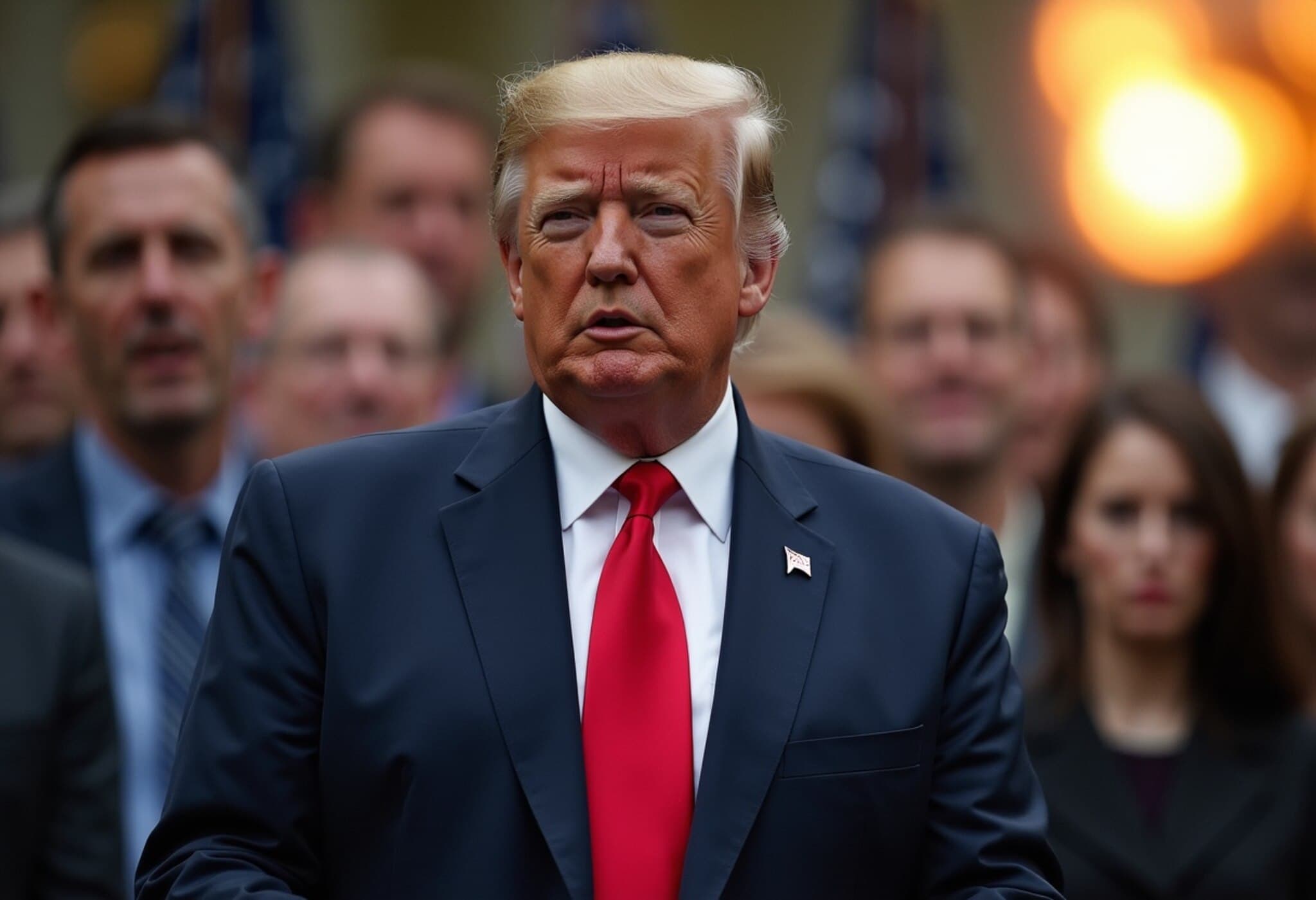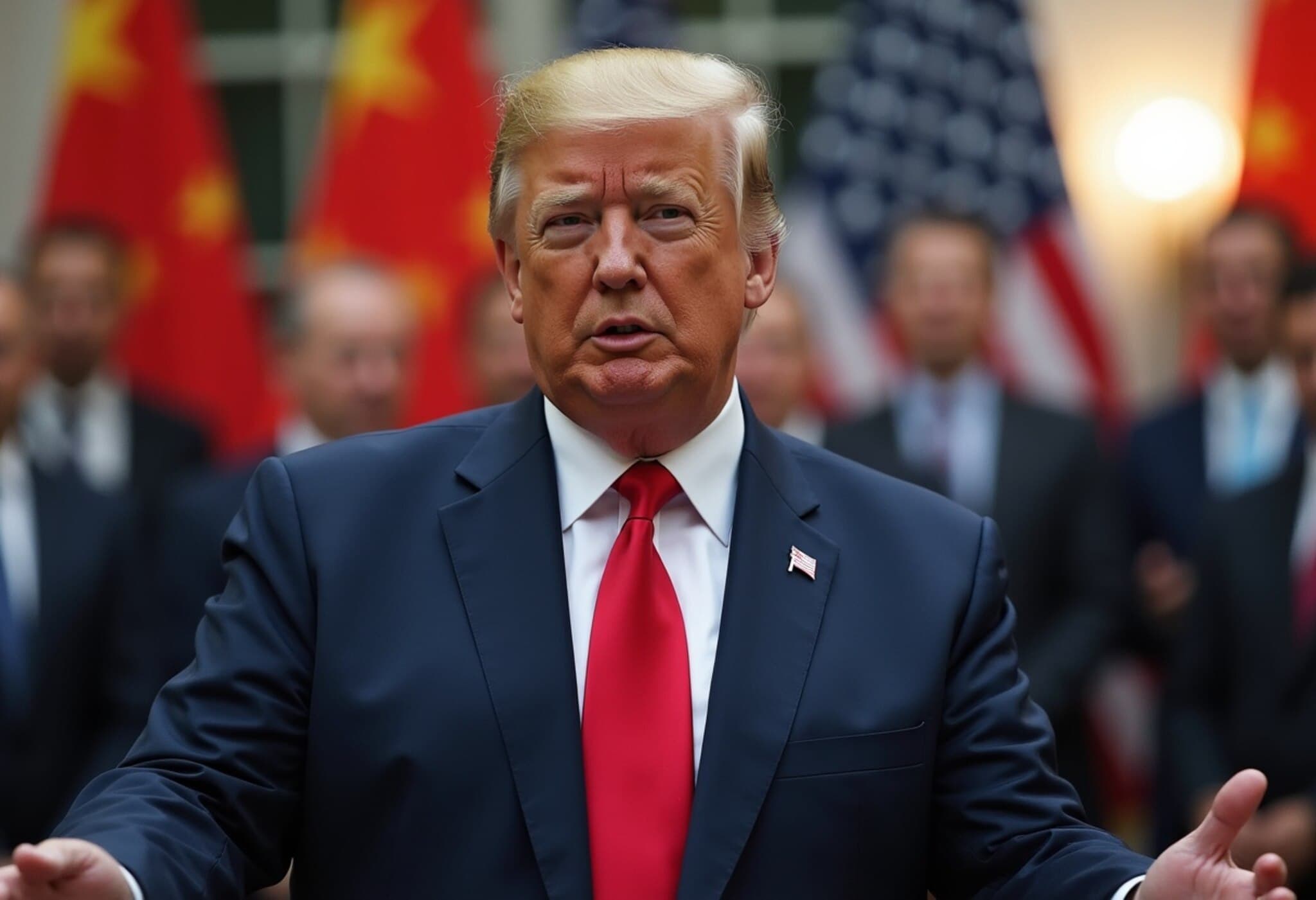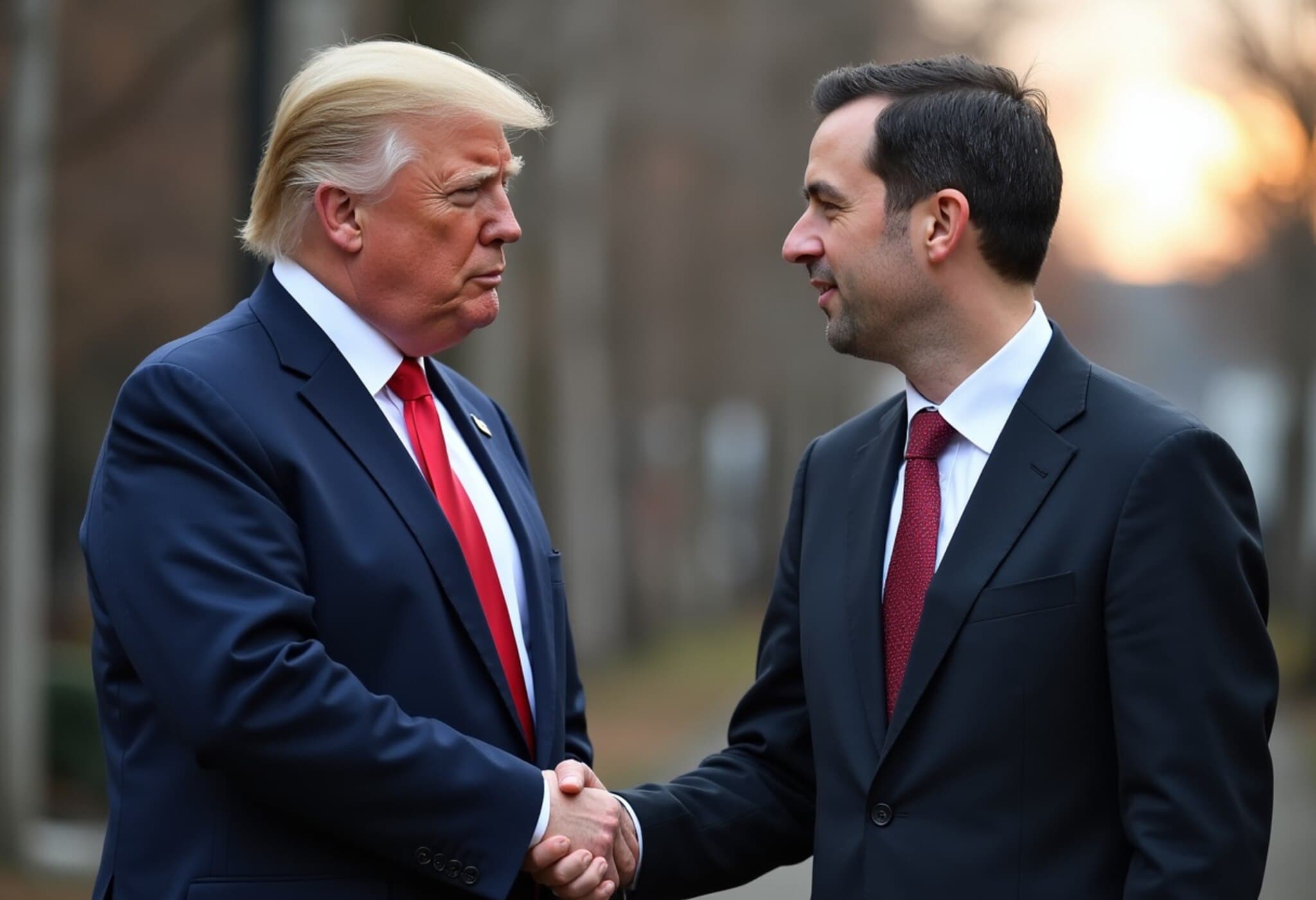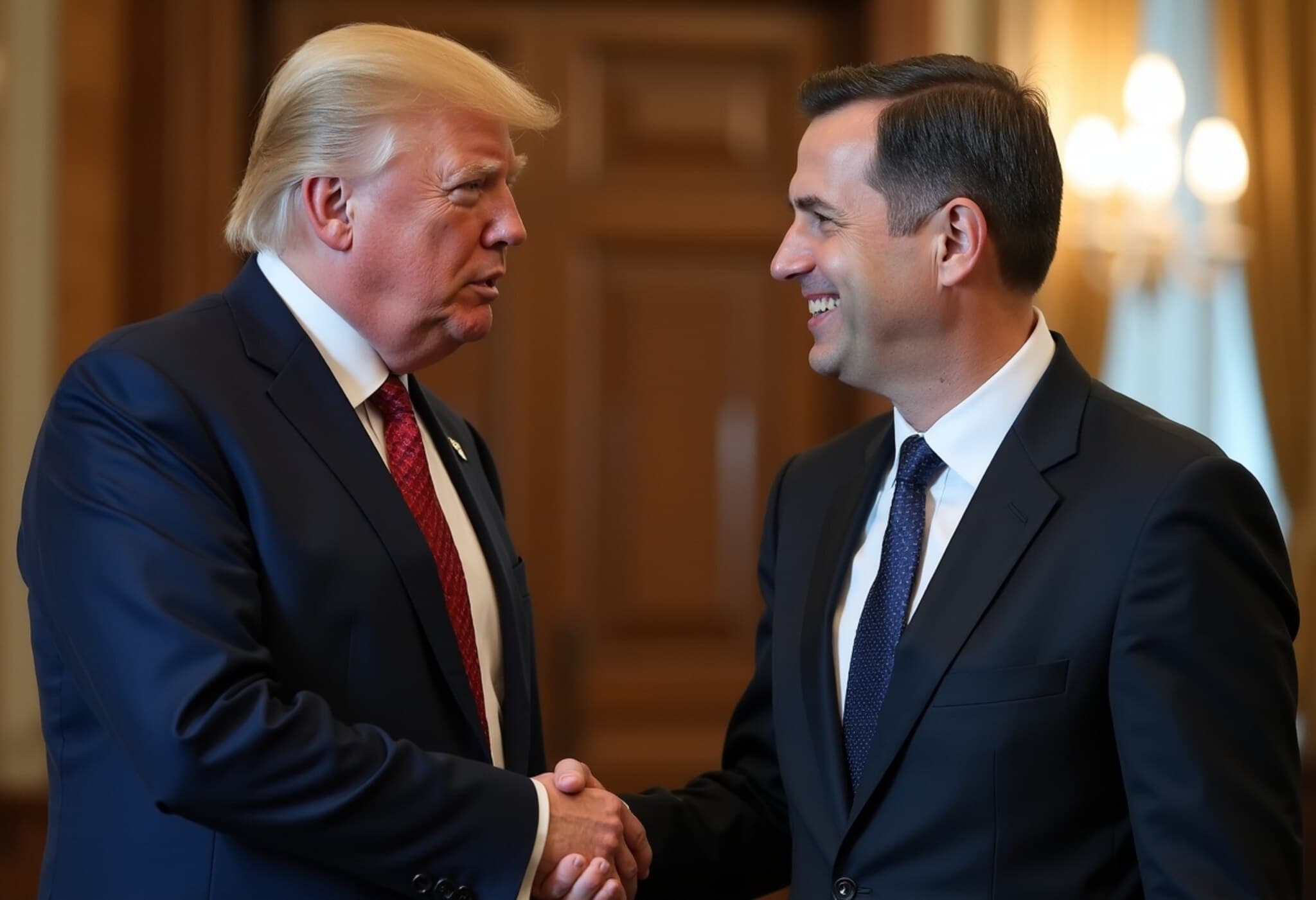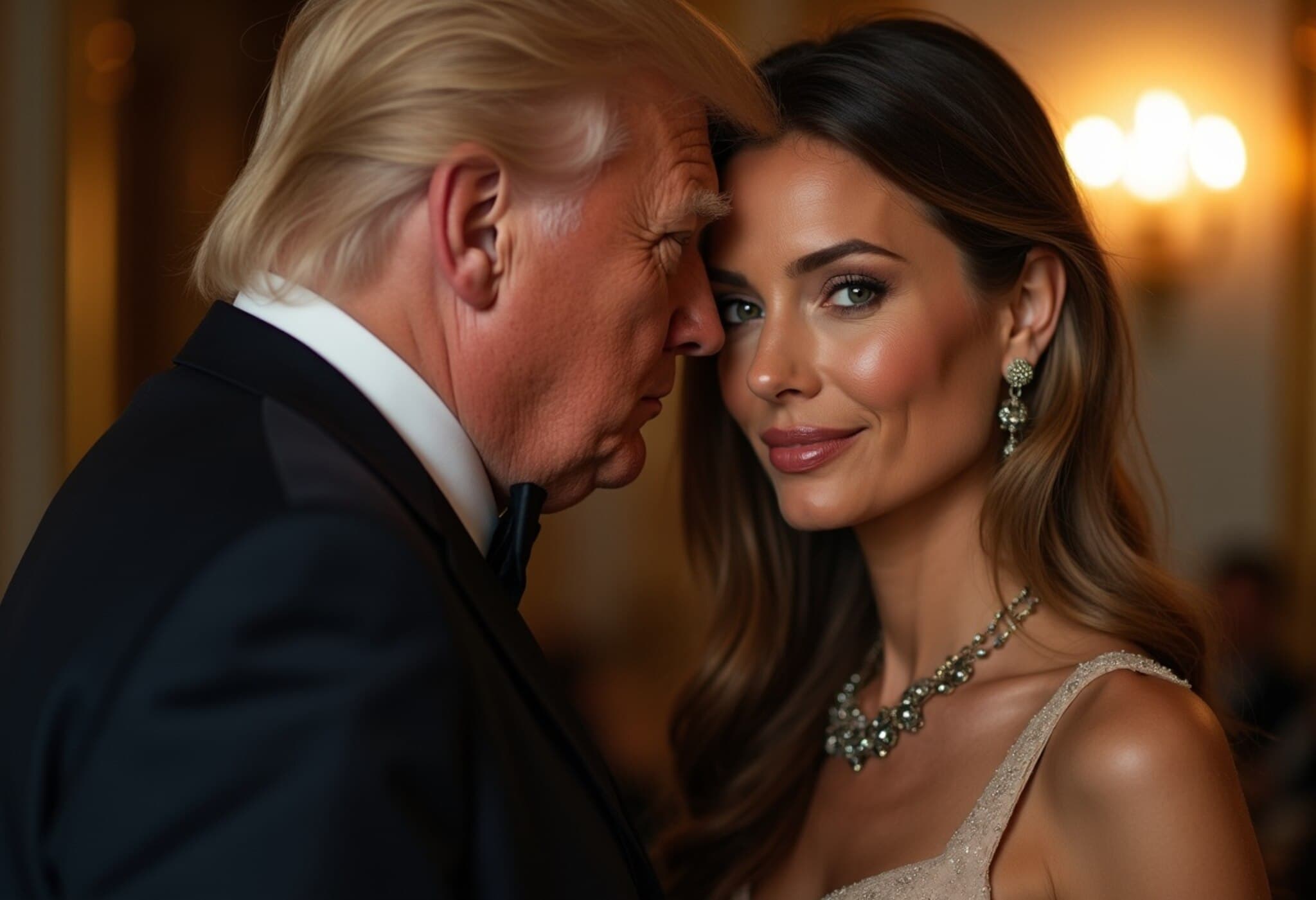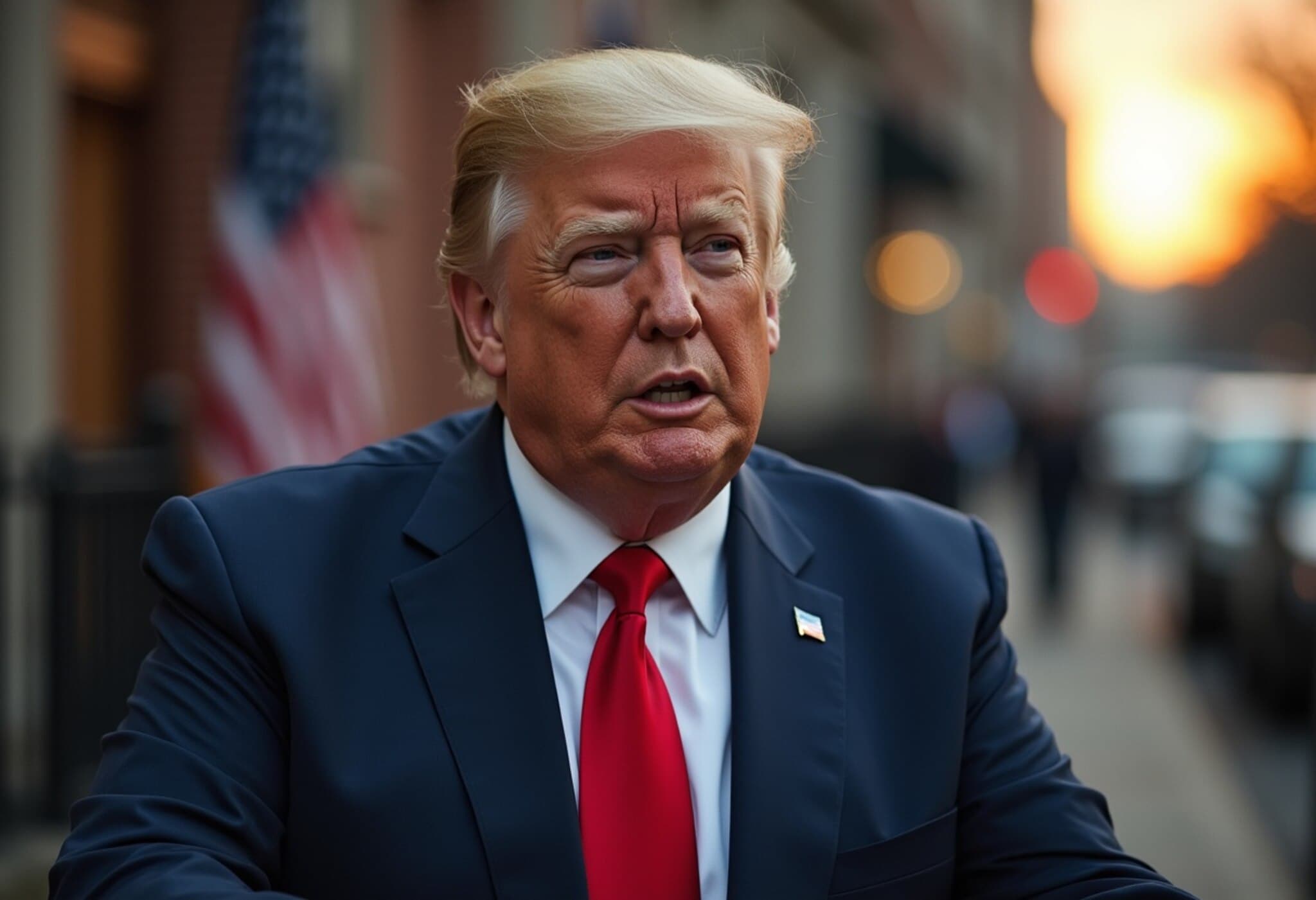The Unexpected Influence of Melania Trump on U.S. Foreign Policy
In a political landscape often dominated by official advisors and cabinet secretaries, new reports suggest that Melania Trump, the former First Lady, played a surprisingly pivotal role in shaping the foreign policy decisions of President Donald Trump. From the turmoil in Syria to the ongoing conflict in Ukraine, Melania’s influence appears to have quietly steered some of the United States’ most consequential international actions during the Trump administration.
Shaping the Response to the Syrian Civil War
Despite President Trump’s avowed non-interventionist stance early in his first term (2017-2021), he authorized airstrikes against Syrian government forces led by Bashar al-Assad following a devastating chemical attack on civilians in Khan Shaykun. What may surprise many is that Melania Trump reportedly was a critical voice encouraging action in response to the human suffering witnessed in Syria.
According to The Daily Telegraph, a former White House official revealed that Melania was deeply moved by graphic footage of dying children from the chemical weapon attack and urged the President to respond. The official described her influence as stemming from a maternal instinct and a visceral reaction to human suffering—transcending traditional political calculations.
President Trump’s decision to launch airstrikes in April 2017 marked the first direct military strike against Assad’s regime by the United States—a significant shift that deviated from his campaign’s promises of limited foreign entanglements.
Impact on U.S. Policy Toward Ukraine and Russia
Moving to Trump's second term, Melania Trump appears to have also had a hand in shaping policy amid Russia’s invasion of Ukraine. Sources report that she was instrumental in challenging President Trump’s earlier warm tone toward Russian President Vladimir Putin.
Trump has openly acknowledged conversations with Melania, in which she pointed out discrepancies between Putin’s reassurances and the reality of ongoing assaults in Ukraine—highlighting the human cost seen in images and reports from the conflict zone. He recounted moments when he would return from a call with Putin claiming a positive dialogue, only to be met with Melania’s factual reminders of the devastating attacks continuing on the ground.
This dynamic reportedly influenced President Trump's evolving rhetoric toward Putin and the war in Ukraine. In July 2025, Trump publicly set ultimatums for Putin to cease the conflict and referenced Melania’s empathetic perspective when discussing the innocent victims caught in the crossfire.
Exploring the Human Element in High-Stakes Decision Making
Melania Trump’s alleged behind-the-scenes role shines a light on an often overlooked aspect of leadership—the influence of personal relationships and human empathy in shaping policy decisions traditionally viewed through the cold lens of geopolitics.
Her involvement challenges the stereotype that foreign policy is dictated solely by formal channels and hardened political advisors. Instead, it introduces a narrative where compassion and personal conscience ripple up to the highest levels of power.
What This Means for American Political Culture
This revelation invites deeper questions about the informal power spouses wield and how their perspectives might balance or sway executive decisions—particularly those involving human rights and humanitarian crises.
- How might future administrations formally recognize the advisory roles of first spouses?
- What standards of accountability or transparency should guide such influence?
- Could this humanizing factor lead to more empathetic policymaking amid complex international conflicts?
Broader Context and Expert Insight
Experts in U.S. foreign policy note that while official advisors have structured influence, emotional intelligence and personal impact from trusted confidants can visibly shift decision-making trajectories. Professor Lisa Anderson, a political analyst specializing in American executive power, comments:
"The presence of a spouse who can connect on a human level with the president might serve as a critical counterbalance to hardened political strategy, particularly on humanitarian issues. Their influence, though unofficial, can catalyze moments of reflection and action where policy might otherwise remain static."
Editor’s Note
As new layers of the Trump administration’s foreign policy unfold, Melania Trump’s understated yet significant role reshapes how we understand the human dimensions influencing geopolitical strategy. This story encourages us to reflect on the invisible hands shaping world affairs beyond official statements and government halls—reminding readers to question who really advises the most powerful leaders and how personal empathy integrates with global power dynamics.

